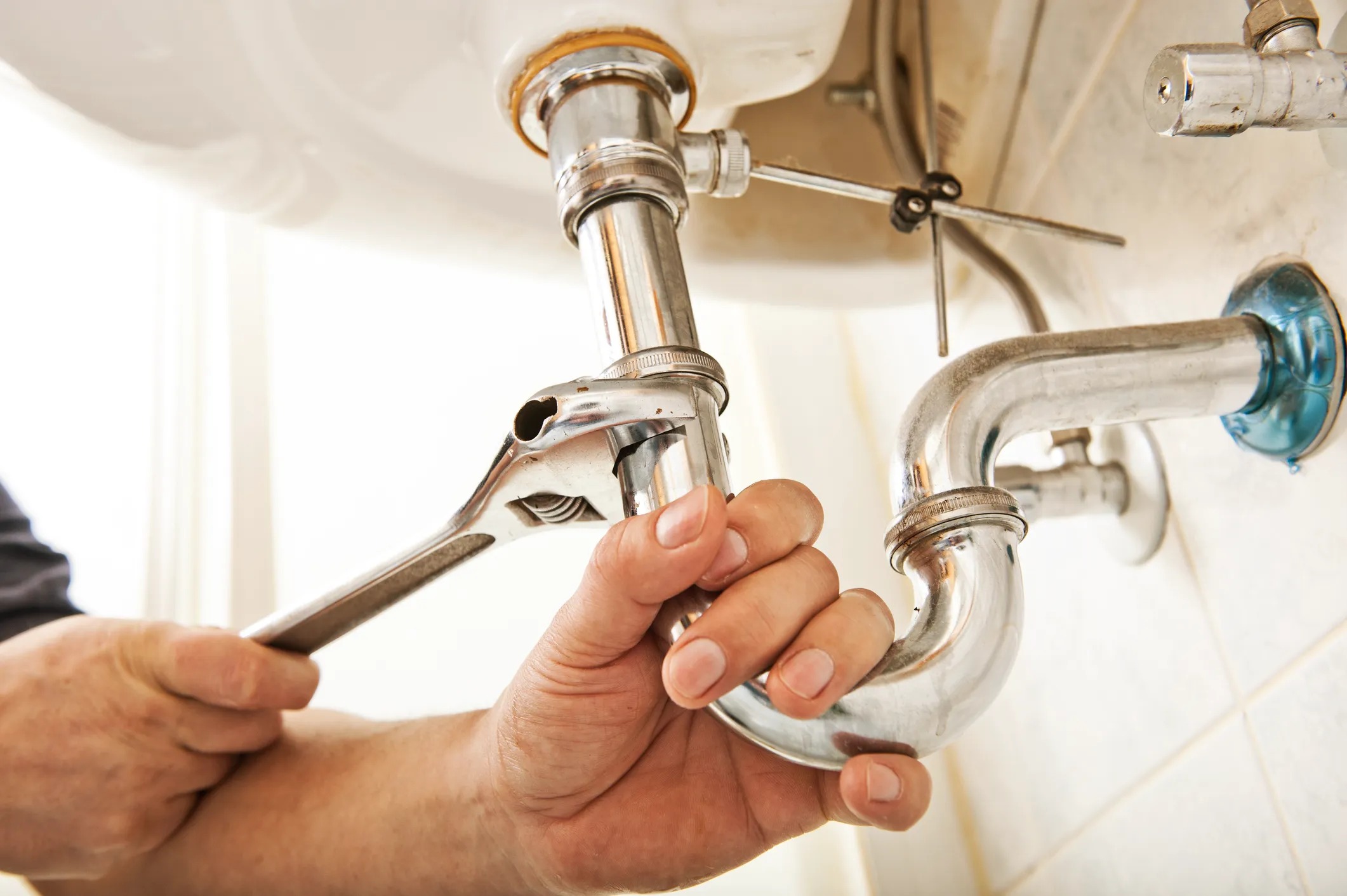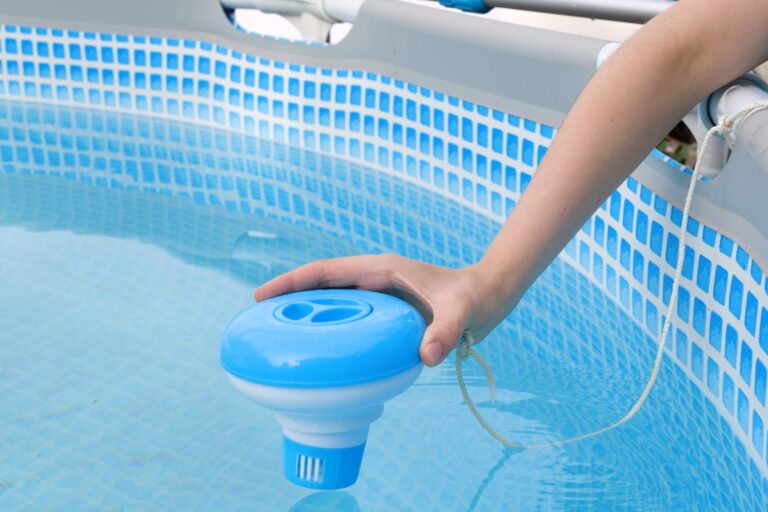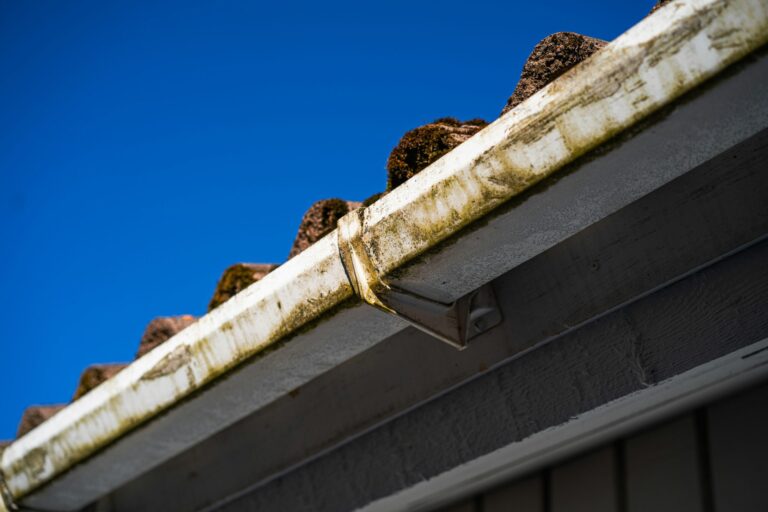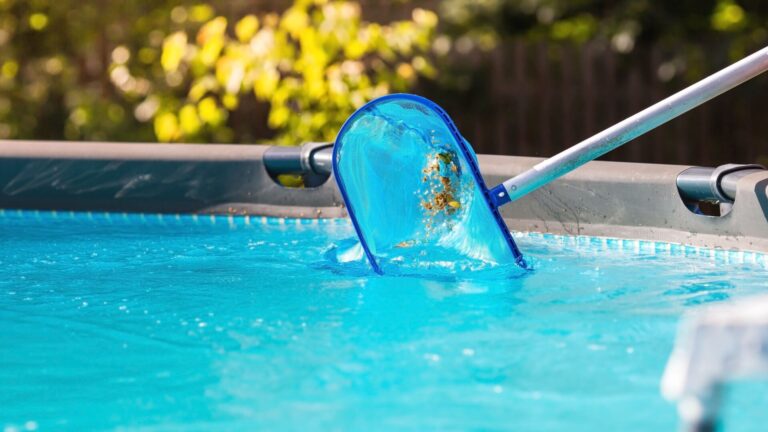How Plumbers Help Businesses Meet Environmental Regulations
Environmental regulations, which impact nearly every business, necessitate careful management of water use, waste disposal, and energy efficiency. Plumbing systems, being at the core of these objectives, are responsible for water supply, drainage, and heating processes that directly influence the environment. Businesses that fail to adhere to these regulations not only face potential fines but also risk tarnishing their reputation and long-term sustainability. Plumbers play a crucial role in helping companies meet these requirements by designing, installing, and maintaining systems that comply with environmental standards. Their work ensures that businesses remain compliant, thereby reducing unnecessary waste and resource use.
Water efficiency and compliance strategies
One of the primary ways plumbers help businesses meet environmental regulations is by improving water efficiency. Commercial spaces often consume large volumes of water for daily operations, from restrooms and kitchens to cooling systems. Regulations encourage businesses to adopt low-flow fixtures, efficient water heaters, and systems designed to minimize waste. Plumbers, with their expertise, assess existing systems and recommend upgrades that align with these standards, ensuring compliance while lowering operational costs. They also identify leaks and inefficiencies that may not be immediately visible but contribute to significant water loss over time. In larger facilities, plumbers may install advanced monitoring systems that track water consumption and detect unusual patterns, allowing businesses to respond quickly. These proactive strategies not only meet regulatory requirements but also demonstrate a commitment to sustainability, making water management a central focus of environmental compliance.
Wastewater management and proper disposal
Wastewater is another key area where businesses must comply with environmental regulations, and plumbers play a crucial role in designing systems that handle it effectively. Regulations often require firms to ensure that wastewater is treated or directed to municipal systems in a manner that minimizes pollution. Plumbers install grease traps, backflow prevention devices, and filtration systems that keep contaminants out of public water supplies. In commercial kitchens or industrial settings, improper disposal of fats, oils, and chemicals can result in violations and environmental harm. By providing ongoing maintenance and inspections, plumbers help businesses stay ahead of these issues. In some cases, plumbers also work directly with building managers to develop customized solutions that meet the unique needs of their facilities. For example, a Summerville office may require different wastewater management solutions compared to a restaurant or factory, and plumbers adapt accordingly to meet specific compliance demands.
Energy efficiency and heating systems
Heating systems are closely tied to environmental regulations, particularly those related to energy consumption and emissions. Commercial buildings often rely on water heaters, boilers, or radiant heating systems that require regular maintenance and periodic upgrades to meet current efficiency standards. Plumbers help businesses achieve this by installing high-efficiency units, insulating pipes, and ensuring that systems operate without unnecessary energy loss. Regulations encourage the use of systems that minimize greenhouse gas emissions, and plumbers ensure that businesses follow these guidelines while benefiting from lower utility costs. They also provide regular inspections to verify that equipment continues to meet standards as it ages. This focus on energy-efficient plumbing solutions not only reduces environmental impact but also creates long-term financial benefits for businesses, aligning operational goals with sustainability objectives.
Preventive maintenance and monitoring
Preventive maintenance is one of the most effective ways plumbers help businesses avoid regulatory issues. Small problems such as leaks, faulty valves, or inefficient fixtures can escalate into larger compliance failures if not addressed promptly. Plumbers conduct inspections, monitor water quality, and test pressure levels to ensure that systems are performing as intended. Regular maintenance schedules help businesses demonstrate compliance by showing regulators that they are taking proactive measures to prevent violations. Advanced technology, such as smart meters and sensors, also allows plumbers to monitor system performance continuously and provide businesses with real-time data. This information makes it easier to identify risks before they become serious and allows companies to stay aligned with environmental standards. By incorporating preventive maintenance, plumbers play a crucial role in keeping businesses compliant and avoiding costly disruptions, thereby providing a sense of security and confidence to business owners and managers.
Long-term sustainability and business reputation
Beyond compliance, plumbers contribute to broader sustainability goals that benefit both businesses and communities. By improving water and energy efficiency, ensuring safe wastewater disposal, and maintaining systems effectively, they help companies operate in a way that supports environmental health. This focus on sustainability not only keeps businesses aligned with regulations but also enhances their reputation among customers and stakeholders. In today’s market, companies that demonstrate a commitment to environmental responsibility are often seen as more trustworthy and forward-thinking. Plumbers make this possible by ensuring that systems are designed and maintained with both current and future needs in mind. Over time, their work supports business continuity while contributing to the broader effort to protect natural resources, instilling a sense of pride and responsibility in business owners and managers.
Plumbers are integral to helping businesses meet environmental regulations, addressing everything from water efficiency and wastewater disposal to energy management and preventive maintenance. Their work ensures that companies comply with legal requirements while improving operational efficiency and sustainability. By tailoring solutions to different industries and facilities, plumbers help businesses navigate complex regulations with confidence. Their contribution extends beyond compliance, strengthening reputations and supporting long-term environmental goals. For any business committed to operating responsibly, partnering with skilled plumbers is not just a necessity but a meaningful step toward sustainable success, providing reassurance and support to business owners and managers.






